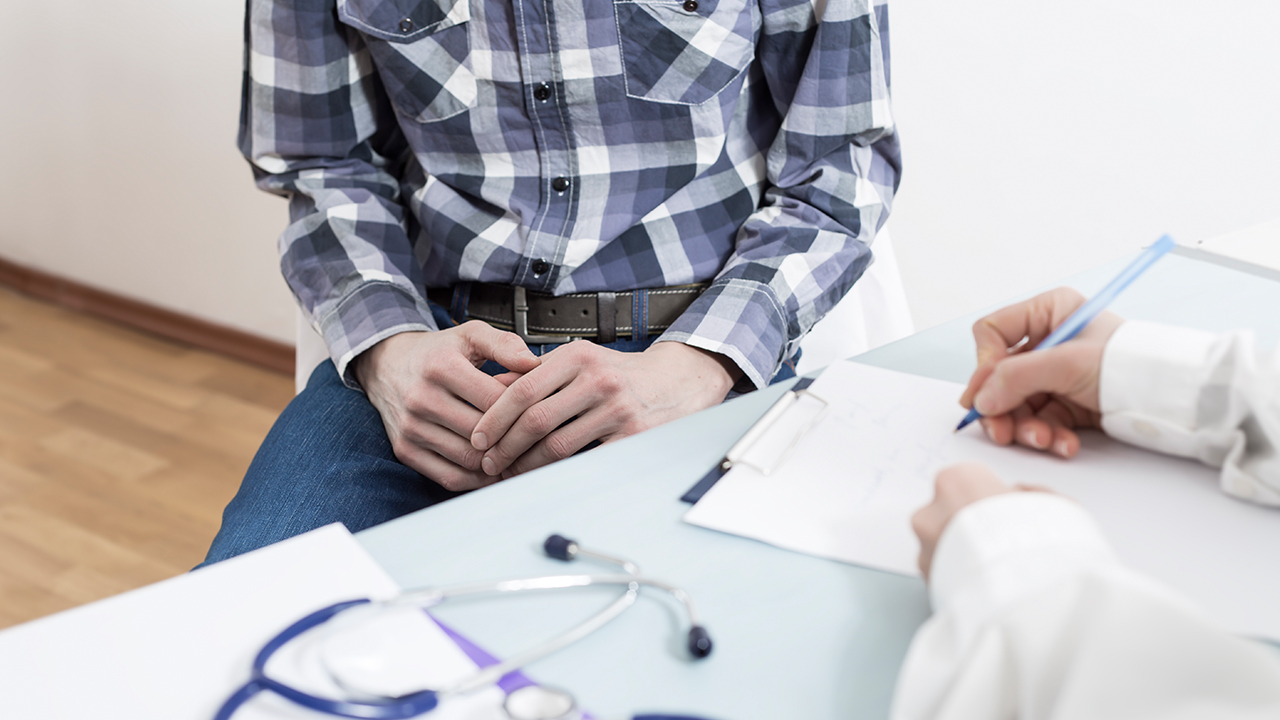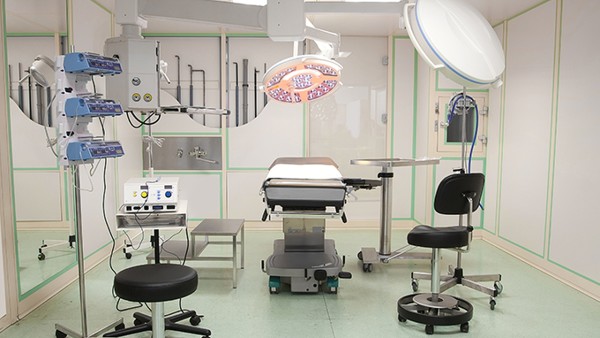Improper Ear Care of Newborns can Lead to Infection

The ears of a newborn baby are delicate and require special care to prevent infection. Improper ear care can lead to a variety of problems, including pain, swelling, discharge, and even hearing loss.
Here are some of the most common mistakes parents make when caring for their newborn's ears:
Using cotton swabs to clean the ears. Cotton swabs can push earwax further into the ear c***, which can lead to impaction. Impacted earwax can cause pain, swelling, and discharge.
Over-cleaning the ears. The ears of a newborn baby do not need to be cleaned every day. In fact, over-cleaning can irritate the skin and make it more susceptible to infection.
Using harsh chemicals or soaps to clean the ears. Harsh chemicals and soaps can irritate the skin and cause dryness. Dry skin is more likely to crack and bleed, which can lead to infection.
Inserting objects into the ears. Never insert objects into your newborn's ears, such as bobby pins, toothpicks, or cotton swabs. These objects can damage the eardrum and lead to infection.
How to Properly Care for Your Newborn's Ears
Here are some tips on how to properly care for your newborn's ears:
Wipe the ears with a soft, damp cloth. The best way to clean your newborn's ears is to wipe them with a soft, damp cloth. Be sure to wipe gently, and avoid inserting the cloth into the ear c***.
Do not use cotton swabs. Cotton swabs can push earwax further into the ear c***, which can lead to impaction. If you are concerned about earwax buildup, talk to your doctor.
Clean the ears only when necessary. The ears of a newborn baby do not need to be cleaned every day. In fact, over-cleaning can irritate the skin and make it more susceptible to infection.
Use mild soap and water to clean the ears. If you need to clean your newborn's ears, use mild soap and water. Be sure to rinse the ears thoroughly with water after cleaning.
Do not insert objects into the ears. Never insert objects into your newborn's ears, such as bobby pins, toothpicks, or cotton swabs. These objects can damage the eardrum and lead to infection.
If you have any concerns about your newborn's ears, talk to your doctor. If you notice any pain, swelling, discharge, or other problems with your newborn's ears, talk to your doctor. These symptoms could be a sign of an infection or other medical problem.
Signs and Symptoms of Ear Infection in Newborns
The following are some of the signs and symptoms of ear infection in newborns:
Pain. Ear pain is the most common symptom of ear infection. Your newborn may cry or fuss when you touch their ear, or they may pull at their ear.
Swelling. The ear may be red and swollen.
Discharge. The ear may discharge pus or fluid.
Fever. A fever is a common sign of infection.
Irritability. Your newborn may be irritable or fussy.
Loss of appetite. Your newborn may not want to eat or drink.
Difficulty sleeping. Your newborn may have difficulty sleeping or staying asleep.
Treatment for Ear Infection in Newborns
The treatment for ear infection in newborns typically involves antibiotics. Antibiotics will help to clear the infection and relieve the symptoms. In some cases, your doctor may also recommend pain relievers or fever reducers.
Prevention of Ear Infection in Newborns
There are a few things you can do to help prevent ear infection in your newborn:
Breastfeed your baby. Breast milk contains antibodies that can help to protect your baby from infection.
Wash your hands frequently. Washing your hands frequently will help to prevent the spread of bacteria.
Avoid smoking around your baby. Secondhand smoke can irritate the ears and make your baby more susceptible to infection.
Keep your baby's ears dry. Water can get trapped in the ear c*** and lead to infection. Be sure to dry your baby's ears thoroughly after bathing.
Do not insert objects into your baby's ears. Never insert objects into your baby's ears, such as bobby pins, toothpicks, or cotton swabs. These objects can damage the eardrum and lead to infection.
When to Call the Doctor
If you notice any signs or symptoms of ear infection in your newborn, talk to your doctor. Ear infection can be a serious medical condition, so it is important to seek treatment as soon as possible.
The above is all the content that the editor wants to share with you. I sincerely hope that these contents can bring some help to your life and health, and I also wish that your life will be happier and happier.
Topic: #care #of #improper















